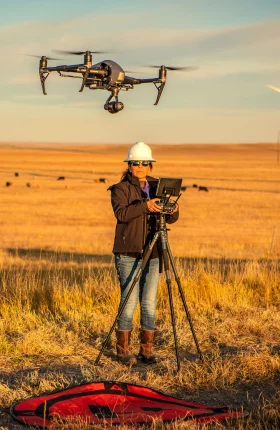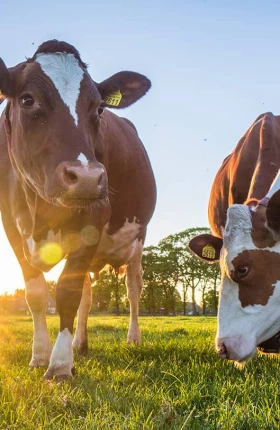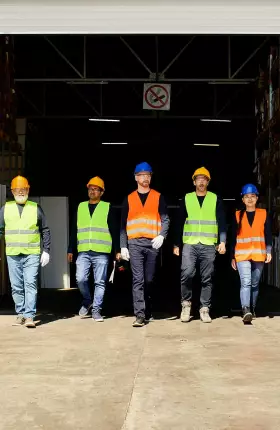
To celebrate Canada’s 150th anniversary in 2017, we at BCG in Canada launched an effort to examine Canada’s current and future prospects. We then established the Centre for Canada’s Future to serve as a catalyst moving Canada forward, identifying the greatest opportunities for the nation, contributing to the national dialogue, and helping shape the country’s agenda.
BCG has long been committed to making a difference in Canada. Every day, we live out the legacy of civic entrepreneur and BCG senior partner David Pecaut, unleashing social impact by applying disciplined analytics and strategic thinking to society’s most pressing problems. We focus not on our past achievements but on anticipating and meeting both the demands and promise of the future.
Featured Insights

Our Goals
BCG’s Centre for Canada’s Future aims to be a catalyst that helps move Canada forward. To realize these goals, the Centre:
- Delivers the best of BCG's consulting and analytical capabilities to provide trusted expertise and insight on the issues most pressing to Canada
- Partners with Canadian organizations from the corporate, nonprofit, and government sectors seeking to move Canada forward
- Convenes Canadian leaders from the public and private sectors and fosters the collaboration needed to achieve impact
The Centre has also developed a guiding national strategy that works to drive inclusive prosperity in the next 5-10 years. This strategy is built on 6 critical missions. Learn more about each mission below.
Thought Leadership
This mission is built on the principle of fostering Canadian competitiveness and ingenuity on the global stage. Across a diverse set of global industries, this mission works to cultivate Canadian leadership while simultaneously amplifying investment and talent attraction to Canada's growing start-up ecosystem.



To drive prosperity, the ongoing climate transition must be capitalized on. This goal works to advance the decarbonization of key sectors to drive growth in the domestic green industry and simultaneously rejuvenate Canadian energy investment to develop global net-zero champions.



Mission 3: Deliver on the Promise of AI and Emerging Technologies
To strengthen the tech and digital infrastructure to support AI investment and adoption, while also accelerating AI upskilling and individual adoption to advance Canada’s technology intake.
This mission aims to resolve urgent infrastructure bottlenecks that drive negative growth sentiment while simultaneously developing future-ready public sector infrastructure.

This mission seeks to empower commercial ecosystems to enable all Canadians to prosper, bridging participation and wealth gaps. Additionally, it aims to progress Truth and Reconciliation commitments to drive Indigenous prosperity.




Mission 6: Build Canada’s Resiliency to Mitigate Risks to Prosperity
To foster natural-resource stewardship to preserve our precious asset endowment while also advancing technology governance and cybersecurity to preserve individual, corporate, and national security.
The Centre for Canada’s Future Leaders











